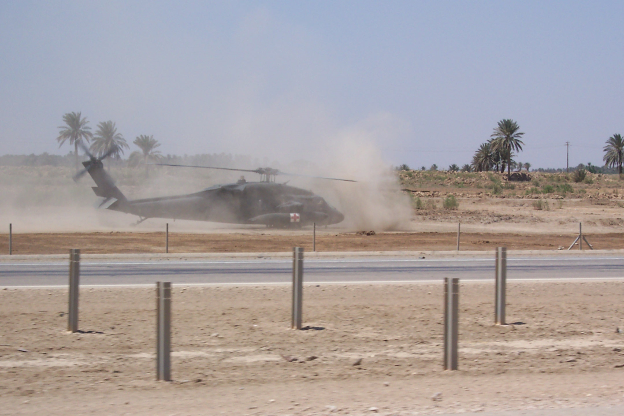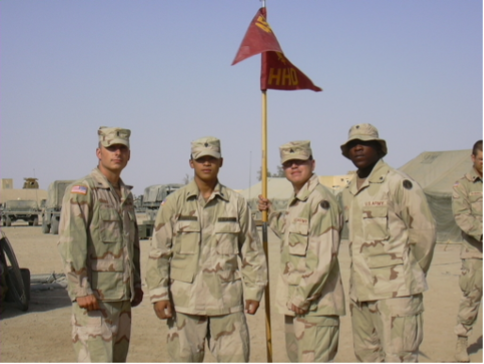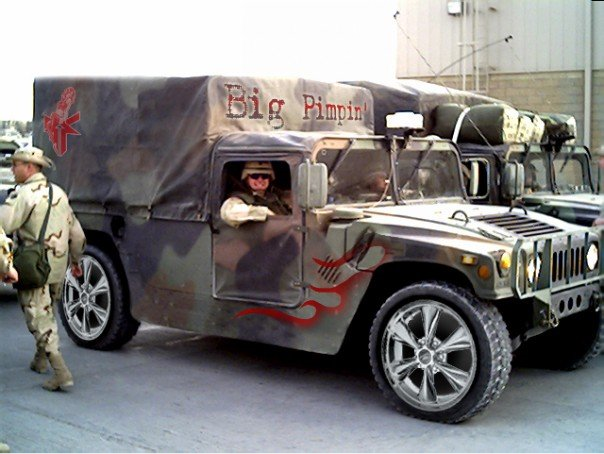Self-Regulation
The highest level of critical thinking is recursive self-regulation. Recursive is a math term meaning to infinitely divide into itself. Self-Regulation is to self-consciously monitor one's cognitive activities, the elements used in those activities, and the results educed, particularly by applying skills in analysis and evaluation to one's own inferential judgments with a view toward questioning, confirming, validation, or correcting either one's reasoning or one's results.

Emergency medical personnel use critical thinking and a series of protocols to determine what is wrong with the patient and how to treat them. The final step in their approach is to re-assess the patient to see if their condition, signs, and symptoms have changed thus requiring a change in treatment.

The BC and the movement controllers sold their plan to the brass and implemented it in conjunction with all their partners and stakeholders. No matter how well you think you did, self-regulation is essential so you do not succumb to arrogance and hubris. Situations change, personnel and units change, the enemy has a vote, and sometimes stuff just happens. You must constantly reassess the situation and your understanding and when the situation and your understanding change—change your approach with it.
When the 450th MCB relocated to Kuwait to conduct theater movement control operations from Camp Arifjan, the BC saw an opportunity to have his very own railroad—and not a scale model one. The Iraqi Republican Railroad (IRR) was reestablishing scheduled operations and the BC wanted to run the Army’s part of it. You don’t get to be a BC by not being an empire builder and maybe having a little arrogant streak. At first, the IRR worked fairly well. Then the war transitioned to the insurgency phase and the situation changed. But despite the staff’s evaluation, analysis, and inference that the IRR was extremely vulnerable to insurgent attack, the BC was blinded by previous success. Fortunately for the BC, a major general with great wisdom took him aside and told him that while he was highly aggressive, he was also being a numbskull. The general forbade any further involvement with the IRR. Within a few weeks, the IRR ceased operating due to constant insurgent attacks. The BC dodged a bullet on that one and the mentorship of senior officers may have saved some of his soldiers' lives. You can figure out the moral of this story.
In conclusion, remember that if you can’t do it with style—then don’t do it.

The two sub-skills here are self-examination and self-correction.